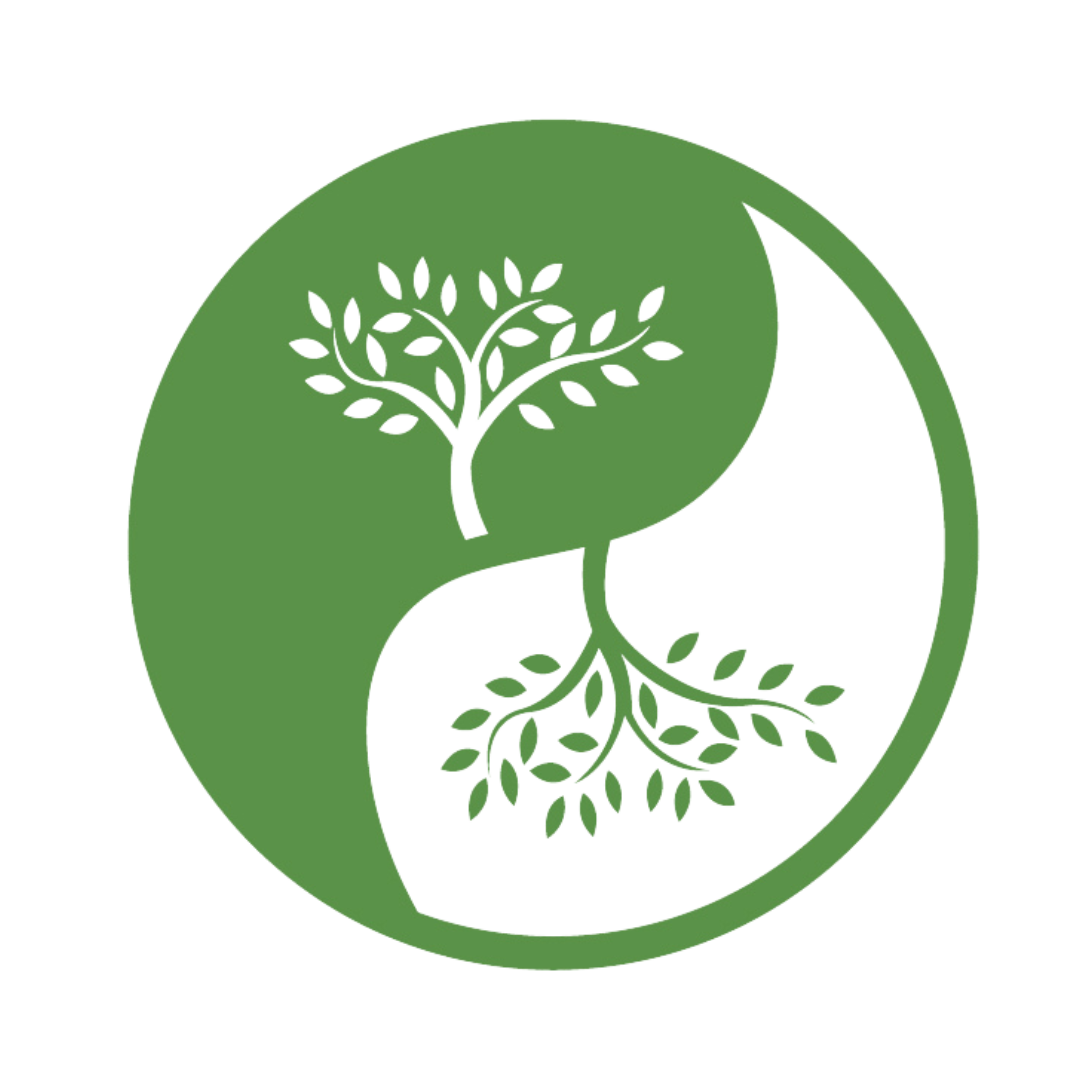A Functional Approach To Gut Health
In today’s modern way of living, 43% of the adult population have suffered from a digestive issue in the past.
That’s nearly 1 in 2 people who have had to deal with conditions like constipation, diarrhoea, reflux, indigestion and flatulence which goes to show just how common gut disorders are.
The fact that we eat multiple times everyday, increases our exposure to food triggers, sensitivities and potentially pathogenic bacteria which can initiate and exacerbate these issues mentioned above but is there also a link between the way we live and the deterioration of our guts?
As a functional medicine practitioner, I explore natural solutions to help people come off conventional treatment like buscopan or fybogel to improve their symptoms.
I believe that a dysfunctional digestive system also has a major part to play in many chronic health ailments such as autoimmune disorders like Hashimoto’s or oestrogen dominant conditions like fibroids/ PCOS and even mental health disorders like depression and anxiety.
Chronic health issues are often very complex and a deeper understanding of how the body works and functions as a whole system is vital.
Stress
It’s hard to look past stress as an initial focal point in any health ailments. Stress has the double edged ability to be both the triggering event or the mediating factor towards health ailments.
Traumatic events such as a divorce, bereavement, or infection can be the trigger that alters our biochemistry in a way that leads to ill-health.
However in today’s hustle and bustle way of living, it’s more likely that low-grade chronic stress is what is fundamentally changing the way our digestive system operates.
The gut is connected and communicates to the brain via the vagus nerve which is the longest nerve in the human body.
This nerve is kind of like the motorway which connects the nervous system of the brain to the nervous system in the gut which is also known as the enteric nervous system.
Chronic stress stimulates our sympathetic nervous system (our fight or flight response) and down-regulates our parasympathetic (rest and digest) nervous system which impacts this running dialogue between the brain and the gut.
It does this by either slowing down gut motility (the movement of the digested food we eat) often seen in constipation sufferers or by speeding it up, hello diarrhoea.
The consequences of this?
Besides the obvious pain, discomfort and inconvenience caused by these symptoms, in the case of constipation we run the risk of re-absorbing waste metabolites that should be excreted out in our faeces or in the presence of diarrhoea, our ability to absorb the nutrients from our food decreases.
So what can we do about it?
After ensuring that the basic practices of good gut health etiquette are being followed such as getting adequate water and fibre intake, doing some form of exercise and achieving a reasonable amount of walking per day we can then begin to investigate a bit deeper.
We may look into different types of fibre to help with constipation, fruits like mangoes and kiwi fruits are both excellent sources of insoluble fibre which can help the movement of food through the digestive tract.
Prokinetics are food-based items which has been shown to stimulate the gastrointestinal muscular contractions which pushes food along the gut. These include ginger and bitter herbs like gentian and dandelion root.
From a psychological perspective, the link between emotional distress and constipation is clear. So referring out to psychotherapists and cognitive behavioural therapists is a useful pathway for patients to explore which makes the diversity of health practitioners at Until very unique.
From a physical standpoint, lower abdominal adhesions and scar tissue from trauma are both valid reasons as to why somebody may be experiencing infrequent bowel movements.
Lower abdominal bowel massages performed by an osteopath can help alleviate constipation by clearing any potential obstructions allowing for free and easy movement.
If good health is important to you, taking care of your gut is a must, and that extends beyond what you put in your mouth.
